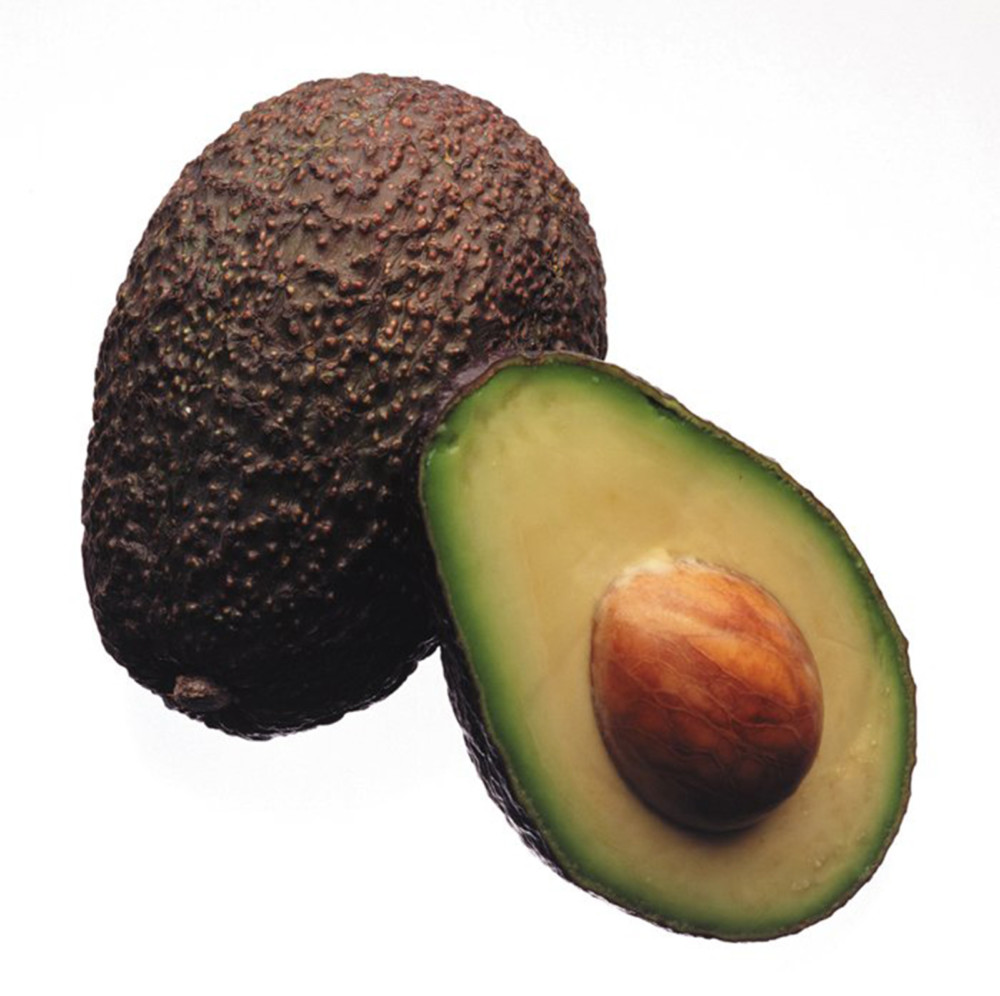By Alexia Elejalde-Ruiz
Chicago Tribune
WWR Article Summary (tl;dr) Avocados treated with “Apeel’s” protective coating can last almost twice as long as avocados without.
Chicago Tribune
Many an avocado lover has waited for the right moment to cut into the creamy fruit only to discover the fleeting window of perfect ripeness has passed.
A new technology that extends the life of avocados and other produce promises to save millions of avocados from an untimely end in the trash, and it’s coming soon to grocery stores nationwide.
Apeel Sciences, a California startup that aims to reduce food waste by giving produce a spoilage-resistant skin, announced Wednesday that its longer-lasting avocados will be sold at more than 1,100 Kroger grocery stores across the country.
Avocados treated with Apeel’s protective coating tend to achieve ideal ripeness for four to six days, double the regular window of two to three days, saving many from getting tossed.
Pilot tests of Apeel avocados conducted over the past year at 109 Cincinnati-area Kroger stores, plus some Costco locations and other retailers, found they reduced food waste in the avocado category by 50% and increased sales by 10%, the startup said.
Apeel has created plant-based coatings for 50 different categories of fruits and vegetables, tripling the shelf life of some when it’s applied shortly after harvest, founder and CEO James Rogers said.
A pilot test of asparagus and limes treated with Apeel will launch this fall at Kroger stores in Cincinnati, which the chain called a milestone in its Zero Hunger, Zero Waste initiative.
Its avocados are the first to get wide commercial distribution, including in 32 Kroger stores in Illinois as of Wednesday. A spokeswoman for Mariano’s, which is owned by Kroger, couldn’t immediately confirm that Chicago Mariano’s stores will be getting the longer-lasting avocados, but Apeel said Chicago stores are part of the roll-out and should receive them in the coming months.
Apeel, which launched in 2012 with a $100,000 grant from the Bill and Melinda Gates Foundation, was initially focused on helping poverty-stricken small farmers across the globe whose food goes to waste because they aren’t part of refrigerated supply systems.
But extending the life of fruits and vegetables, nearly half of which never make it from the farm to people’s mouths, also addresses a massive food waste problem in rich countries.
In the U.S., supermarkets lose $15 billion annually in unsold fruits and vegetables, according to the Department of Agriculture. Billions more dollars in natural resources are squandered to grow produce no one eats.
Apeel now has $110 million in funding from investors including Andreessen Horowitz, with the latest round led by Viking Global Investors.
Apeel’s protective coating keeps produce looking and tasting fresher longer by slowing the water loss and oxidation that contributes to deterioration. The edible coating, which has no taste or texture and can be applied to organic produce, also preserves nutrient density, Rogers said.
Entirely plant-based, the coating is derived from discarded peels, pulps and stems, often sourced from winemakers with leftover grapes or sauce makers with remnants of tomatoes. Unlike chemical products designed to make bigger, prettier produce, Apeel harnesses nature’s existing processes to create a heartier skin, he said.
“We think we are at this unique time in human history not to make new stuff but identify the building blocks that nature has been using and reusing,” Rogers said. “We can create products that solve problems that don’t also create new problems.”
Apeel’s product did create a business model challenge. The supplier must spray or dip the produce in the formula at the packaging stage just after harvest, but the retailer benefits from the reduced waste and cost savings, so who should pay for it?
The solution was for Kroger to pay Apeel to install its treatment equipment at all Kroger avocado suppliers in Mexico, Peru, Chile and California, Rogers said. The startup hopes to have similar relationships across all other fruit and vegetable categories.
“We’re imagining a future where Apeel produce is its own category,” Rogers said. Consumers should pay no more for the longer-lasting produce, he added, because the retailer saves money by wasting less.
Rogers is particularly excited by the pilot launch of Apeel asparagus, which he says is the No. 1 polluting vegetable in the world because it must be air freighted from suppliers in Peru to U.S. markets to keep from spoiling before hitting consumers’ dinner plates.
Treating asparagus with Apeel’s formula at supplier facilities in Peru doubles its shelf life and allows it to travel by ship rather than plane, which results in a tenth of the transportation costs and an eighth of the greenhouse gas emissions, Rogers said.
Limes, the other product in the coming pilot, are not known for rotting so swiftly, but they present a waste challenge for retailers because consumers pass over those with yellowing skin even though they are still good, Rogers said. While food waste in developing countries often results from harvesting techniques or cooling restraints, a big contributor in higher-income countries is an over-emphasis on how produce looks.
___
Distributed by Tribune Content Agency, LLC.














































































































































































































































































































































































